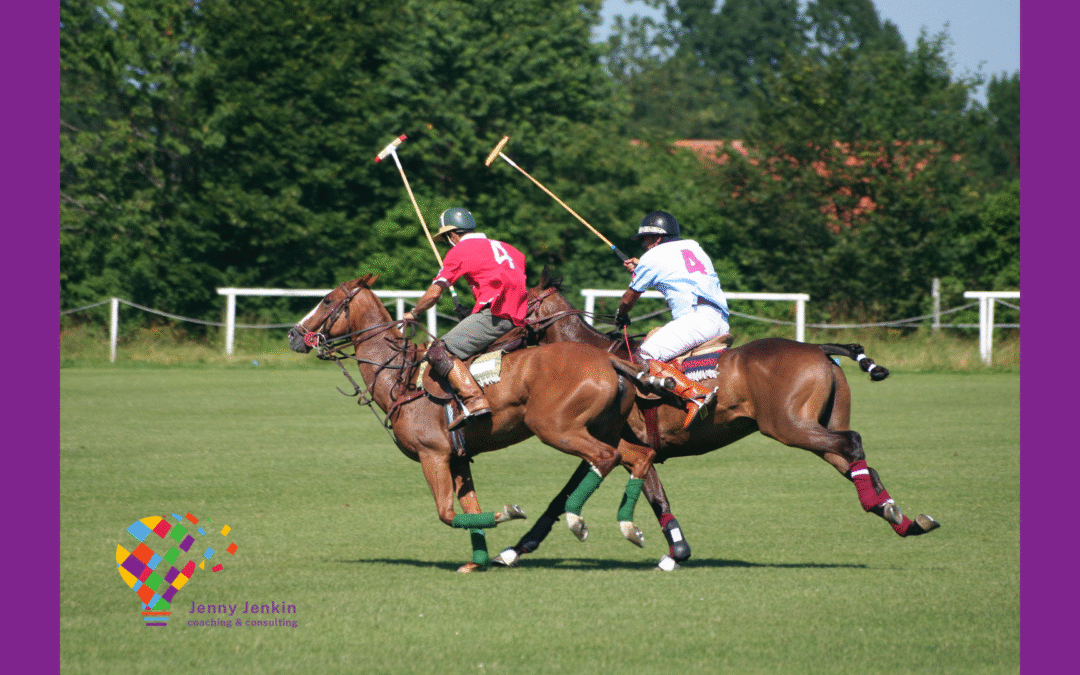Do you avoid a particular colleague’s emails? Or feel your heart sink when you see their name on a meeting invite? Maybe just meeting with them gets your hackles slightly raised?
If so, you’re not alone.
In our busy working lives, we work alongside dozens of quirky and unique colleagues – from the planner who speaks in spreadsheets to the committee chair who fails to spot those with something to say.
The truth is that we don’t click with everyone. And nor should we.
The Professional Myth
There’s a persistent myth in professional settings – that we should maintain perfect neutrality in our judgements and decisions, regardless of our personal feelings.
Most of us pride ourselves on being impartial, on separating the personal from the professional.
But this conceals an uncomfortable truth – that subtle (or not-so-subtle!) dislike of a colleague materially affects your judgements, decisions, and reflections ALL THE TIME. It drives behaviour without conscious thought.
And mostly, that effect remains invisible to us, in no small part because it’s deeply unpalatable to think we’d be anything other than impartial and professional. It’s one dimension of the leadership shadow, and one that we should pay heed to if we want to lead with integrity.
Triggers for the Feeling of ‘Dislike’
It’s too easy to dismiss dislike as a mere ‘personality clash’, and to simply roll with it, allowing our instinctive responses full rein.
But this won’t serve you well. Moreover, there are few true personality clashes. This becomes apparent when we unpack where that feeling of dislike typically comes from:
- Mannerisms and behaviours that simply grate on us. Perhaps they’re overly verbose in committees, interrupt constantly, or send those passive-aggressive emails with “Just checking if you received my previous email…” you may find them opinionated, obsequious, sarcastic – insert your trait of choice!
- A previous incident that created a lasting impression. Maybe they missed a critical deadline that impacted your work, sent an ill-advised email rant, or you witnessed them breaking down in tears in a tense meeting. One incident becomes the lens through which you view all their subsequent actions.
- The inexplicable dislike that you can’t quite articulate. This commonly stems from at least two places: They may unconsciously remind you of someone else in your past who influenced you negatively – a parent, former boss, or ex-partner. Your response may be rooted in unconscious bias. As products of our society, whether we choose to recognise it or not, we all carry deep rooted biases related to race, gender, ability, sexuality, religion and other characteristics, created through years of social conditioning, media messaging, and education.
To be clear, I’m not talking about dislike where it is prompted by inexcusable, unethical or unacceptable behaviour. That is a whole new topic!
Why It Matters in Higher Education
In the freneticism of working life in HE, where complex decisions impact students, staff, and institutional success, personal dislikes can have real consequences:
- That “difficult” team member whose ideas you subtly dismiss in meetings might have truly valuable insights about student engagement that never see the light of day.
- The colleague whose communication style irritates you might be overlooked for a project they’re actually perfectly suited to lead.
- The team member who reminds you of a challenging former boss might receive less of your mentorship and support, limiting their growth and contribution.
When you’re managing through yet another restructure or trying to implement tricky change projects, these subtle biases can seriously undermine your effectiveness as a leader.
Moving Beyond Dislike
So what can we do about these very human reactions? Here are some practical approaches:
1. Get comfortable with honest self-examination
When you notice a strong negative reaction to a colleague, pause and ask yourself: “What’s really driving this response?” Is it their behaviour, your past experience with them, or something deeper? This moment of self-awareness can create valuable distance between your emotional reaction and your professional response. This is more effective if you ask someone to ask these questions of you. Saying it out loud makes it real and unavoidable.
2. Direct your attention on their skills
The colleague who drives you mad with their attention to detail might be exactly the person you need when preparing for an accreditation visit. The person whose big-picture thinking seems untethered from reality might see opportunities you’re missing. Stop, create distance and seek to view differences as the vital grit in the oyster rather than irritating. Pop your ego at the door first.
3. Create structured interactions
If you know you have a difficult relationship with a colleague, rely on structure to maintain professionalism. Agendas, clear roles, and documented decisions can help keep interactions focused on work rather than personalities. And keep a warm tone and a smile on your face – it can change your own response and that of your colleague.
4. Test your conclusions
If you find yourself thinking, “She always dominates discussions” or “He never delivers on time,” challenge yourself to find counter-examples. Our brains are brilliantly skilled at confirmation bias – seeing only the evidence that supports our existing beliefs.
5. Seek diverse perspectives
Ask trusted colleagues for their perspectives on the person you find difficult. You might discover that others see qualities you’ve overlooked or have strategies for effective collaboration you haven’t considered. It can open your own world view to a more realistic picture.
The Leadership Edge
Understanding and managing your own emotional responses to colleagues is not about being nice – it’s about being wise and effective. In today’s complex world, no single person has all the answers. The leaders who really flourish are those who can harness diverse perspectives and skills, including – especially – from people they might not naturally warm to.
When you hone your skills of working effectively with everyone – not just folk you like – you gain access to a wider range of insights, increase your team’s psychological safety, and ultimately make better decisions. Life just feels richer and more colourful.
In the current climate of uncertainty, budget constraints and constant change, this open leadership approach isn’t just preferable – it’s absolutely essential.
Does this resonate? Does it make you think of a relationship might you need to reassess?
I’d love for this to be a conundrum that you mull over today! Do share your reflections.
🔸 🔸 🔸
I work with female leaders in HE to help them feel in control so they can thrive in their careers and lead with confidence and impact. DM me if you’d like to chat about navigating challenging workplace relationships.





